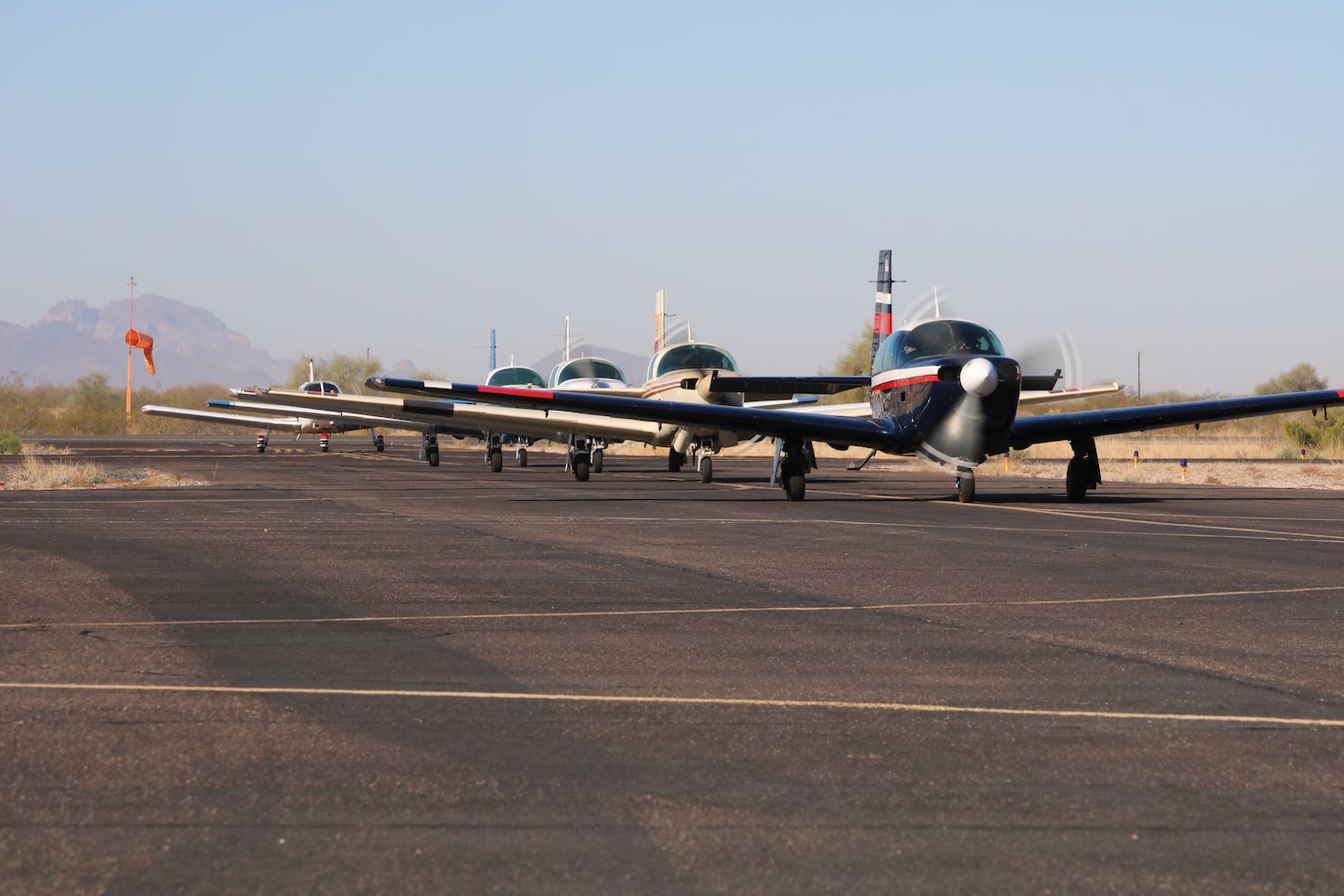As air travel continues to grow in popularity around the world, the importance of ensuring the safety of passengers and crew cannot be overstated. One of the most significant threats to aviation safety is fatigue, which can impair the performance of pilots, air traffic controllers, and other personnel. In this article, we’ll explore the impact of fatigue on aviation safety and examine the measures that are taken to prevent it.
What is Fatigue?
Fatigue is a state of physical or mental exhaustion that can impair an individual’s ability to perform tasks effectively. In aviation, fatigue can be caused by a range of factors, including long work hours, irregular schedules, and a lack of adequate rest and sleep.
The Risks of Fatigue in Aviation
Fatigue poses a significant risk to the safety of aviation. When pilots, air traffic controllers, and other personnel are fatigued, their ability to perform critical tasks can be impaired. This can lead to errors in judgment, slower reaction times, and other issues that can compromise the safety of passengers and crew.
Fatigue can also have a significant financial impact on the aviation industry. When flights are delayed or cancelled due to fatigue-related issues, airlines can experience significant losses in revenue.
Preventing Fatigue in Aviation
Preventing fatigue in aviation requires a multi-faceted approach. One of the most effective methods is to establish and enforce regulations that limit the number of hours that pilots, air traffic controllers, and other personnel can work in a given period of time. These regulations ensure that personnel have adequate time for rest and recovery between shifts, reducing the risk of fatigue-related issues.
In addition to regulations, airlines and other aviation organizations can take proactive measures to promote rest and relaxation among personnel. This can include providing comfortable sleeping accommodations for pilots and other personnel, offering healthy meal options, and encouraging regular exercise and other activities that promote physical and mental well-being.
The Importance of Fatigue Prevention
Preventing fatigue is essential for ensuring the safety and reliability of air travel. By taking proactive measures to limit the number of hours that personnel can work and promoting rest and relaxation, the risk of fatigue-related issues can be significantly reduced.
In addition to protecting the safety of passengers and crew, preventing fatigue can also have a significant financial impact on the aviation industry. By reducing the number of delays and cancellations caused by fatigue-related issues, airlines can improve their bottom line and provide a better overall experience for their customers. In conclusion, fatigue poses a significant threat to the safety of aviation. By establishing and enforcing regulations that limit the number of hours that personnel can work and promoting rest and relaxation, the risk of fatigue-related issues can be significantly reduced. By working together to protect the safety of air travel, we can continue to enjoy the many benefits and conveniences of air travel while minimizing the risks.


